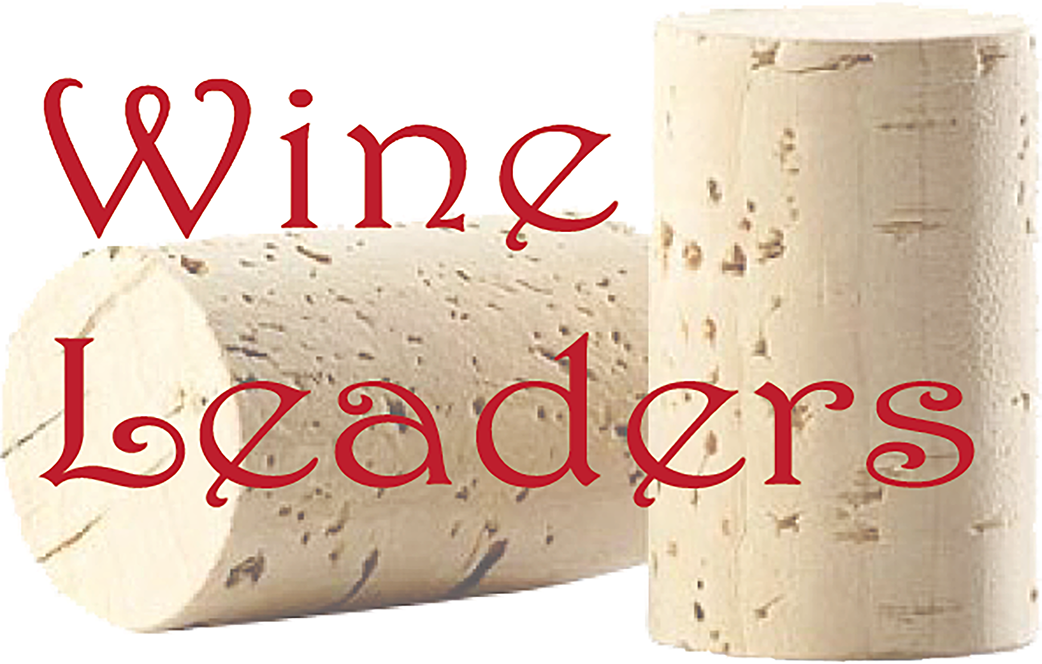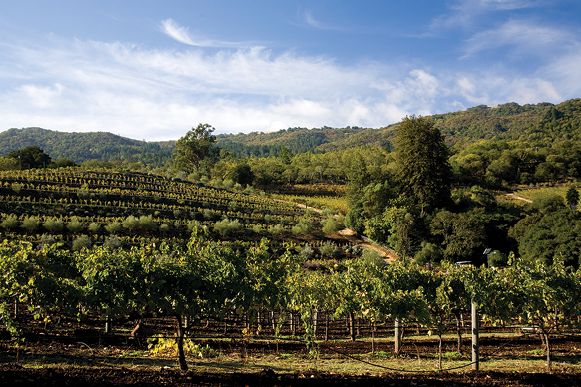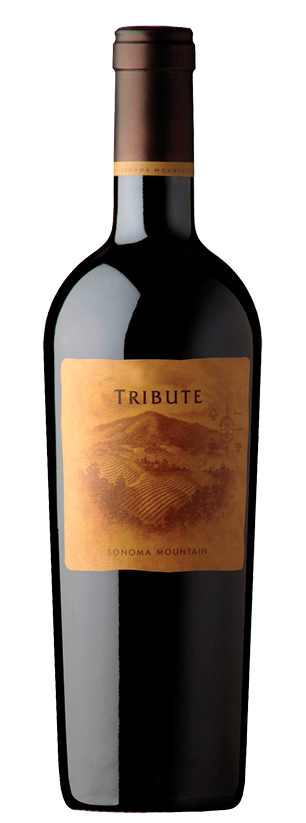- Home
- Media Kit
- Current Issue
- Past Issues
- Ad Specs-Submission
- Ad Print Settings
- Reprints (PDF)
- Photo Specifications (PDF)
- Contact Us

![]()
ONLINE

A Pioneering Family
Editors’ Note
Mike Benziger has worked in the wine business his entire life. Even while growing up in New York, he worked for his father, Bruno Benziger, a wine and spirits importer. After college, he moved to California and began working a"t the fine wine shop Beltramos. His appreciation for wine grew and led him to a winery apprenticeship in 1978.
Company Brief
Benziger Family Winery (benziger.com) is focused on three things: family, great wine, and healthy vineyards. For more than 30 years, they’ve farmed their ranch on Sonoma Mountain and searched Sonoma County for the most distinctive and expressive vineyards. They’ve tended these sites using certified Biodynamic, organic, and sustainable farming methods, and the result has been a portfolio of authentic and memorable wines.
What is the secret to the success of Benziger Family Winery?
The formula for our success is not only family ownership but actually being operated by the family, which is a rarity today. We’re first-generation, so we’re out there working the vineyards, helping to make the wine, and selling it – when I say “family,” I really mean it.
We’re also known for our pioneering efforts in green farming, which has differentiated our brand. We started to work on these practices more than 20 years ago before it was popular, and over time, we’ve been able to connect the dots between the health of the environment and the quality of the wine in the bottle, which hadn’t been done before. Our quality control and assurance program makes for a healthy environment.

Benziger Vineyards
In addition, we’re always conscious about over-delivering our story and the quality of wine in the bottle. The value equation has always been there for the Benziger brand and has kept the customers really loyal.
Is it difficult to be successful in a family business?
We’ve been successful because we’re working at it every day, muscling it out. It’s difficult for families to stay in the business over the long term unless they have a really good plan to incorporate top professionals into the business.
Another reason for our success is that early on, we determined that our business was becoming global and we could not survive unless we had top talent working for us, so we had to put our egos aside and bring in a few consultants.
How has a green focus affected the culture at the winery and why is it so important?
Green is in our DNA because we have one of the most incredible pieces of property anywhere in the world. When we arrived at this location, we knew we had a beautiful place but after we lived here for several years, we understood it was also powerful, and we believe that, as a farm, it is a living entity. We felt we had an obligation to take care of it.
Over time, our goal has been to build up biological capital and work off the interest. Thirty years later, we have been able to do that because we have such a healthy environment at this property.
Once we got into the green space, we saw very quickly how that focus increased the quality of our product. As soon as we could understand this living technology, we knew we had to share it with our growers because this was key to increasing the quality of our wines.
Our goal is to provide wines that go beyond the varietal flavor, to have the flavor of the place and of the vintage, and we can’t do that without a healthy environment.
There is a cost upfront for the infrastructure. We need a place to store animals and to make compost, and to develop technologies and equipment to farm without herbicides. For the first five years, we invested in the infrastructure and, over the next 15 years, we benefitted from that investment.
The real payoff for the farming practice is skipping a re-plant. A grapevine in California lasts, on average, 20 years before they rip it out. Our vines are averaging between 20 and 25 years old, and we feel we’ll be able to maintain those vines for another 20 or 30 years under the conditions we’re farming now. That one skip of a re-plant saves $40,000 an acre, and that pays for everything 10 times over.

Benizger Tribute
Sonoma Mountain red wine
Your product has a conistently high quality at a reasonable cost. How do you keep price competitive with such a high-quality product?
At Benziger, we work several different channels of distribution so we can average out our profit margins. We recognized early on that selling direct-to-consumer was a good thing.
Twenty years ago, we hired the right people and put together the right system. We developed a wine club and sold direct-to-consumer even though it was stepping on the toes of the distribution system.
At the same time, we became aggressive in the three-tier system outside of the winery, which is a wholesale system, to make sure we could remain competitive in a global business. This became more challenging over time. The cost of goods coming out of California is much higher than those coming out of other countries.
We have to be very thoughtful in how we bring our wines to market. We’ve learned to be efficient on one end and tell a very high-quality story on the other.
Has technology impacted the winemaking process?
Technology has had a huge impact, both in grape-growing and winemaking. We’re very technology oriented and it’s why we have been successful. We have conserved a lot of resources and implemented efficiencies, but it can be dangerous so we always carefully discuss technology. If it’s going to move us further away from the process of grape-growing or winemaking, then it’s not something we are interested in. I never put anything on automatic.
We use cutting-edge technology, the use of living systems, and intuition and tradition. Intuition is always the last call. We collect the data and meet as a team each week to review it. Then we go into the winery or vineyard and put our eyeballs on it to determine its accuracy.•